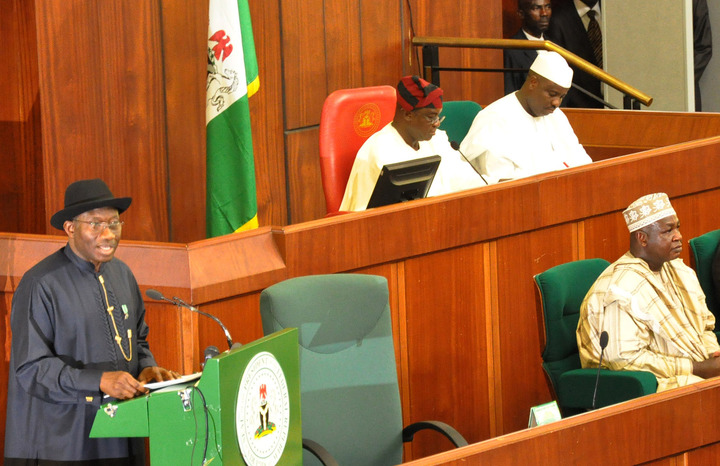Senate to pass legislation on local industry patronage
Senate President, David Mark, on Monday gave an assurance of speedy passage of the bill for a law to ensure that goods made in Nigeria enjoy patronage locally.
Mark gave the assurance in Abuja while declaring open a public hearing on Local Industry Patronage Bill, organised by the Senate Committee on Investment.
The Senate president, who was represented by Sen. Victor Ndoma-Egba, the Senate Leader, called on Nigerians to change their preference for foreign goods over locally made products.
“To the average Nigerian who is given an opportunity to choose between locally produced goods and foreign goods, because of our mindset, our preference is usually for the foreign goods.
“It is in our own interest to patronise locally produced goods so that we can generate employment locally instead of generating employment abroad,’’ Mark said.
Mark said the proposed law would boost the local economy and reduce the amount of imported products.
“To achieve this, it is important that we revitalise our agriculture and local industries to aid employment, given the challenges of massive unemployment today in the country,’’ he said.
Earlier, Sen. Nenadi Usman (PDP-Kaduna), said the bill would make it mandatory for Federal Government establishments to give priority to local manufacturers and companies in procurement exercises.
Usman, who is the Chairman, Senate Committee on Investment, encouraged government to take the lead in transforming the psyche of Nigerians into patronising locally made products.
She said that countries, such as China, India, Malaysia and Indonesia, enjoyed economic growth because of the stability and steady growth of their local industries backed by local patronage.
Contributing, Sen. Muhammed Lafiagi (PDP-Kwara) noted that the bill also sought to prohibit the exclusion of locally produced goods in the procurement process in Federal Government establishments.
Lafiagi, who is the sponsor of the bill, listed penalties for defaulters of the proposed Act to include compulsory retirement, dismissal, fines and jail terms.
In his submission, the Director-General of Standards Organisation of Nigeria, Joseph Odumodu, said over 80 per cent of consumer products in the country were imported.
He said many of the imported products were sub-standard and the nation’s anti-dumping policy was deficient to address some of these challenges.
He urged the legislators to address the issue of “infrastructure disadvantage’’, which had forced many local industries to close and increase in cost of local production.








